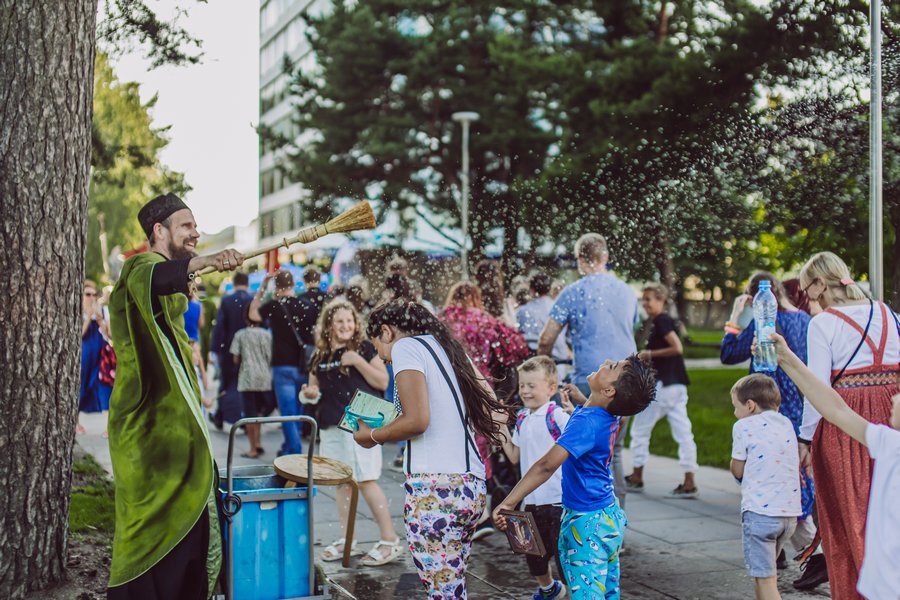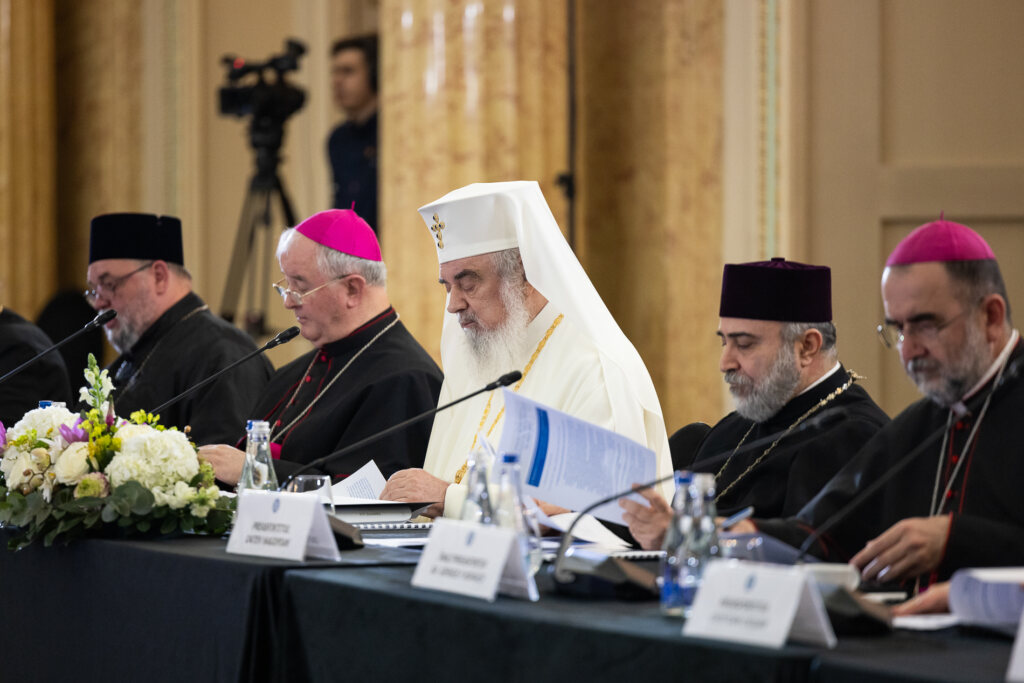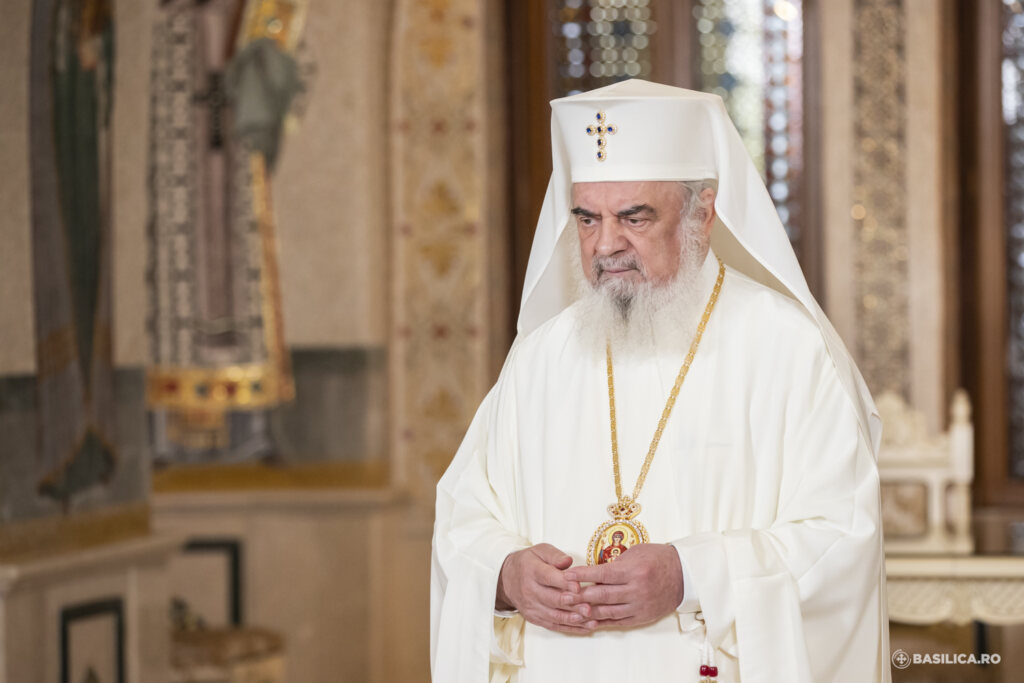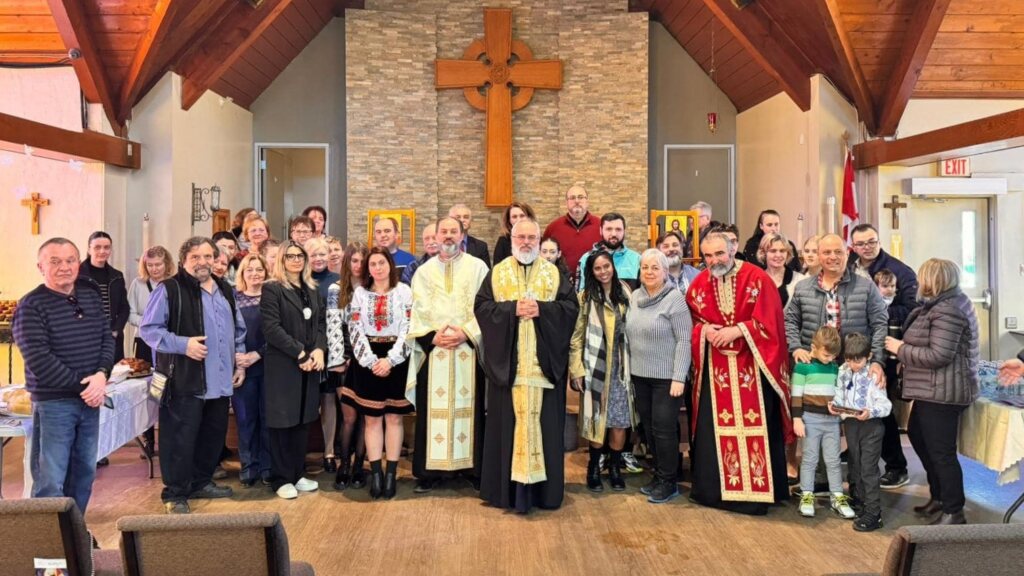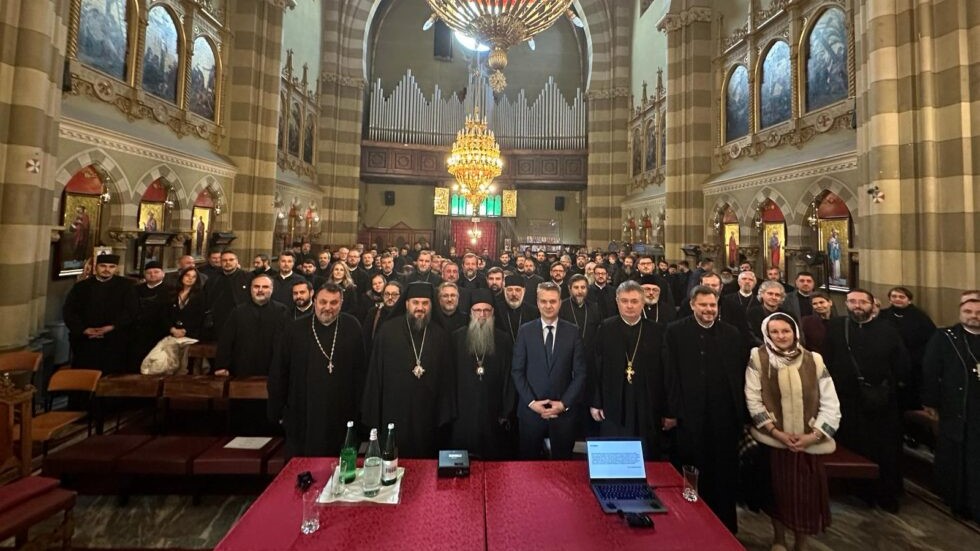Sunday marks 15 years from Fr Gheorghe Calciu-Dumitreasa’s blessed repose into the Lord. He was one of the most prominent opponents of communism and was imprisoned for more than 20 years on political grounds. He was among the prisoners of the infamous Pitești Experimental Prison.
“I think many times, due to terror and fear, our hearts let the devil win the argument. But eventually God has redeemed us. He gave each of us the chance to fight the ultimate battle. For the ultimate battle was not in the Piteşti Prison. The ultimate battle was in our hearts when we got out of Piteşti. And for most of us, in our hearts, it was God Who won the ultimate battle,” said Fr. Gheorghe Calciu.
Biography
Gheorghe Calciu was born on November 24, 1925, as the youngest son of an ordinary 11-children family in the town of Mahmudia, Tulcea county.
He first left his native village when he was admitted to the Tulcea high school, as he said in an interview.
Young Gheorghe was registered at the Medicine Faculty in Bucharest in 1946. He was arrested in May 1948. The communist authorities accused him of having printed anti-communist manifestoes and having helped some leaders of the anti-communist student movement.
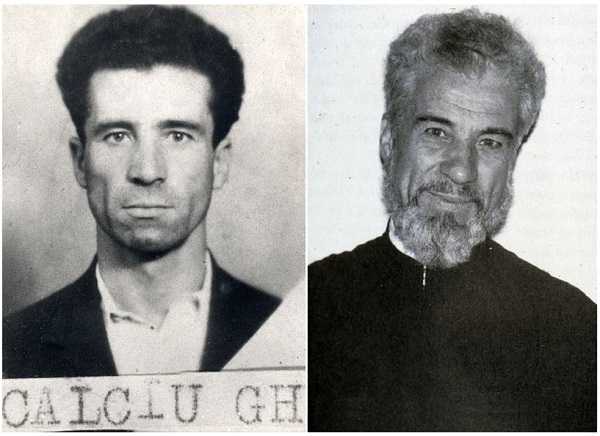
He was sentenced to 8 years of prison and transferred to the Piteşti Prison in February 1949. There he was jailed in the serious-offence section, where he endured the first beating in May 1950. Gheorghe Calciu was included in the denouncing torture sessions managed by Eugen Ţurcanu on December 6, 1950, and, under torture, he even denounced innocent people.
“Torture was so terrible that you felt like everything you haven’t said weighted heavily on you: you just could not carry it anymore. Hiding something, anything, about parents, about friends, not confessing absolutely everything was becoming something so monstruous at the time of terror, (…) that you felt your head was exploding and volunteered to say it. So our hearts became empty. And our souls died, or at least they became numb.”
Transferred to Gherla in August 1951, Gheorghe Calciu remained under the influence of the Piteşti Reeducation experiment, remaining an informant of the prison administration. Yet, he started looking for a refuge in work.
Later, after he was transferred to Jilava prison, he cut his wrists to offer his blood to Constantin Oprişan, who was severely ill, according to Fericiticeiprigoniti.net.
“The Securitate (political police) organized so that every prison cell had a destructive prisoner – either morally, or physically. They gave us Costache Oprişan, who litterally spit his lungs out – I am not speaking metaphorically, for the man would spit every morning blood clots and lung pieces. […] We managed to resist because we grouped around Constantin Oprişan, who was a very special man, a real saint!”
“After the inferno of fall and doubt, now I was in heaven. I had structure, courage, strenghth. I regularly fought the guards for Costache Oprişan! They beat me, but I did not feel the pain at all!”
He was released in 1963 and was forced-domiciled in Viişoara. He was under constant surveillance by Securitate but refused to collaborate. He took his bachelor’s degree in Philology in 1967. Then, under the protection of Patriarch Justinian, he graduated from the Theology Faculty and was ordained a priest, just as he had promised God while he was still in jail.
In 1978, during the Great Lent, Father Gheorghe Calciu reacted against the church demolitions in the famous sermon series “Seven Words to the Young Generation”. As a consequence, he was sacked from his position at the Seminary, he became famous through Radio Free Europe and the Securitate tried to stain his reputation – unsuccessfully though. He started to receive threatening phone calls and his family lived under terror. He did not step back.
He was arrested again on March 10, 1979, and sentenced to 10 years of prison under the pretext of his involvement in Romania’s Free Syndicate of the Working People.
He was imprisoned in a Psychiatry ward, then transferred to Aiud, in the same cell with two criminals who were told to kill him. After repeatedly talking to him, they refused to carry this plan through.

After international pressure, including from Ronald Reagan, Margaret Thatcher and Pope John Paul II, Gheorghe Calciu was released in 1984 and forced to leave the country with his family in 1985. His defrocking was pronounced by the Romanian Orthodox Church in 1984 and annulled by Patriarch Teoctist after 10 years.
In the United States, he first worked as an unqualified worker, then became a parish priest in Washington.
He was received at the White House twice: first by Ronald Reagan, then by George Bush Sr.
After the fall of communism, Father Calciu travelled annually to Romania. According to his wish, after he passed away, he was laid to rest, on November 21, 2006, at the Petru Vodă Monastery, in the county of Neamţ.
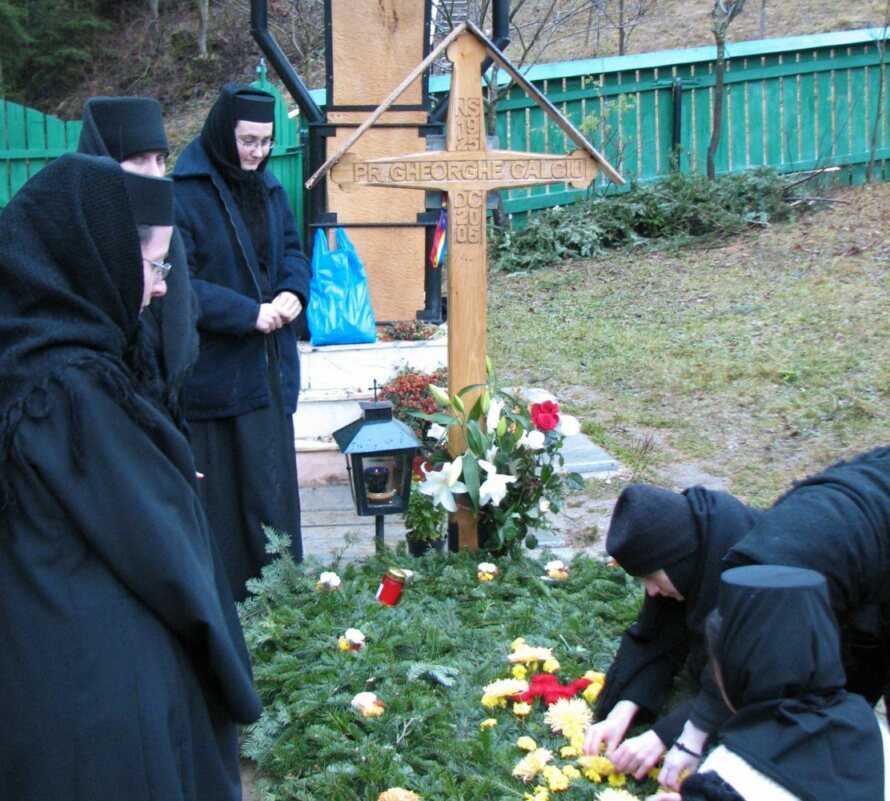
Photo source: Fericiticeiprigoniti.net


